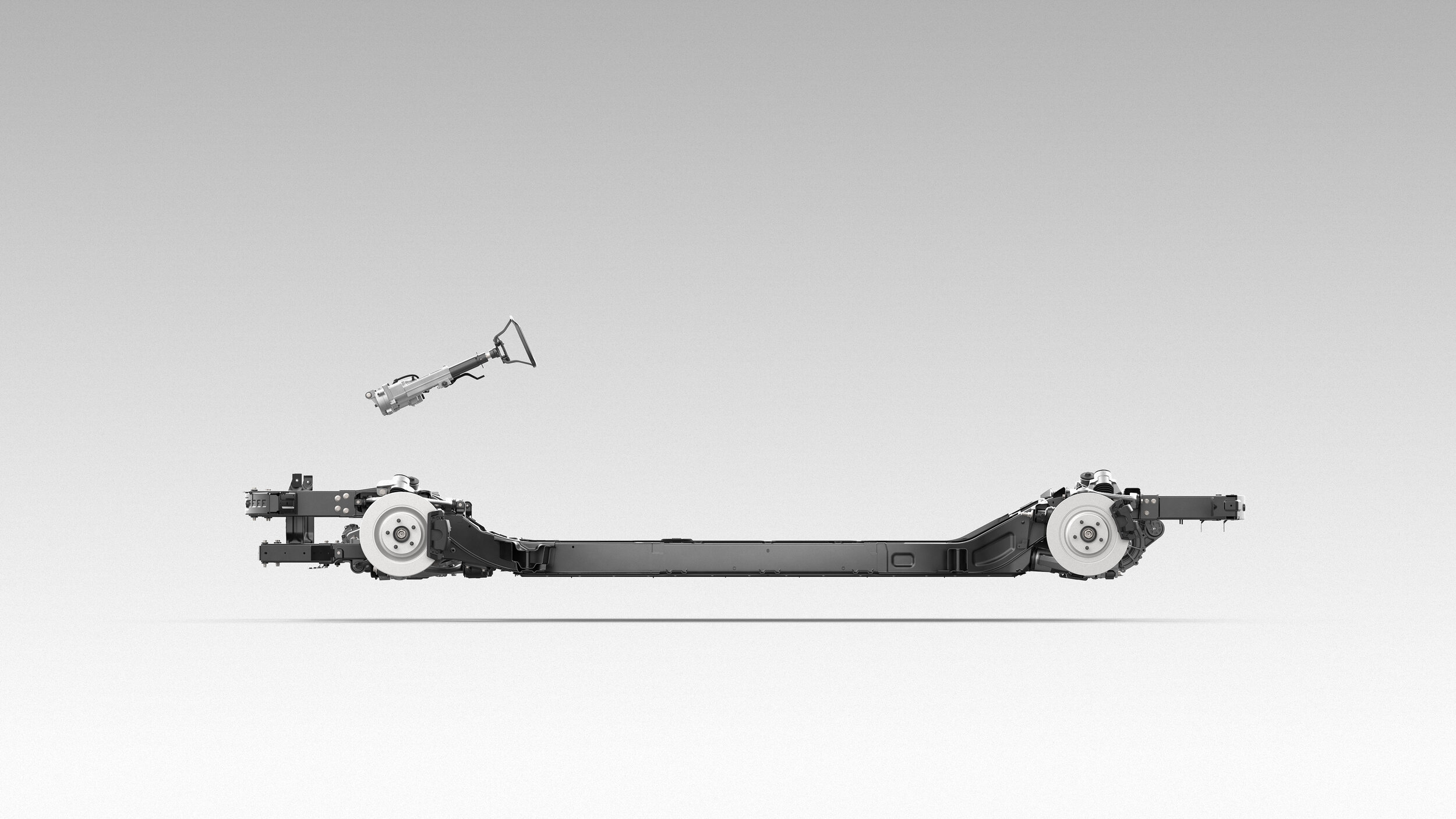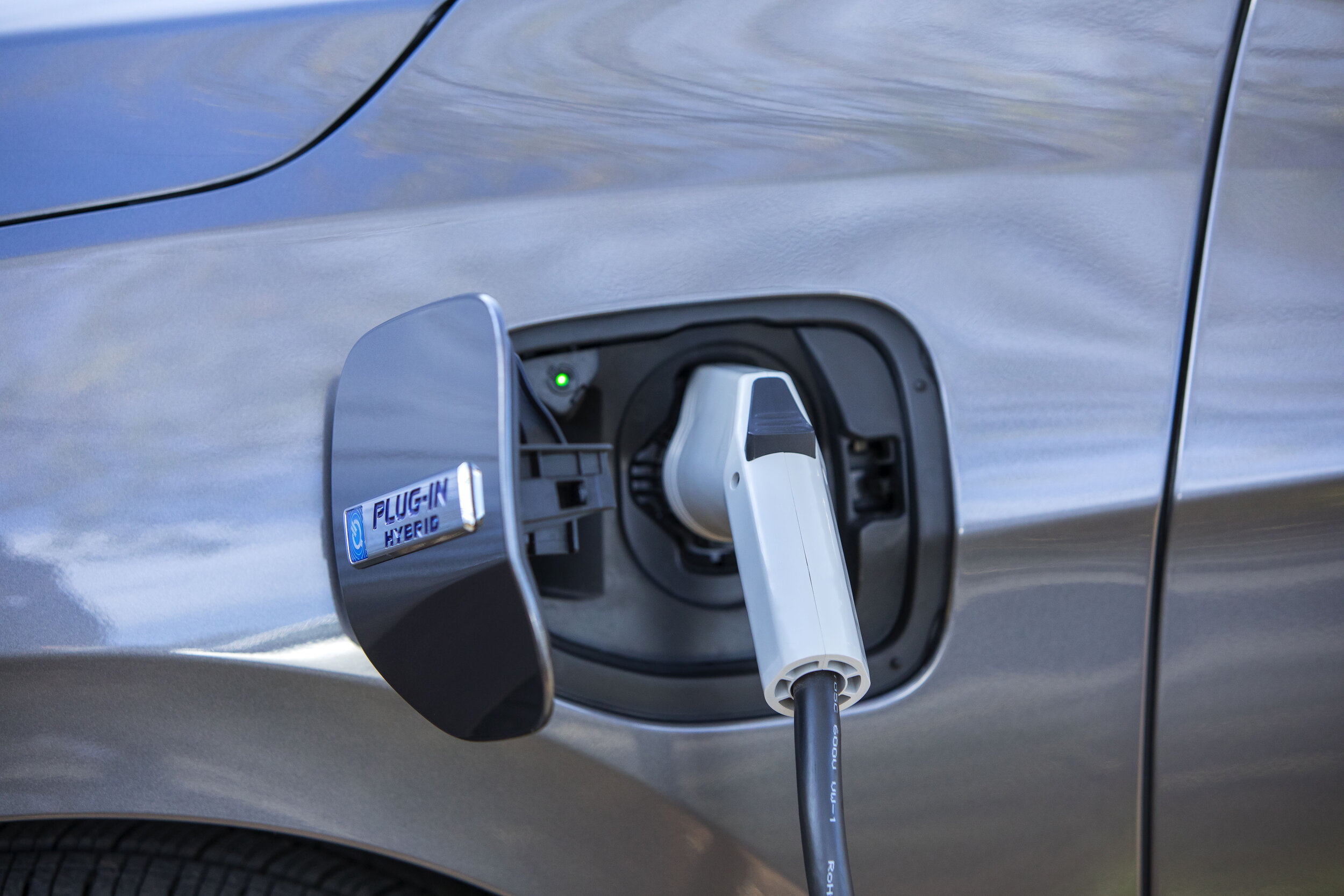OEM Partnerships – The New EV Startup Status Symbol?
[Feb. 17, 2020]
The current number and state of EV startups brings to mind the go-go days of the late 1990s and early 2000s dot-com era. Seemingly every other day, the announcement of a new electrified company or EV model comes across the news wires, and almost none of them are on the road, or exist beyond a few prototypes or styling bucks. Many of them have received hundreds of millions – or even billions – in venture capital funding, making the founders multi-millionaires or billionaires (on paper, at least). However, it seems the latest feather in the cap of these new energy transportation startups is investment from an established legacy auto manufacturer.
In April 2019, Ford announced a $500 million investment into EV truck and SUV startup Rivian. This followed Rivian’s talks with General Motors. Those talks fell apart, reportedly after GM demanding too-restrictive terms of technology sharing, which would have prevented Rivian from sharing its technology with other partners. Evidently, this was not as big of an issue for Ford, which stepped up soon afterward with a half-billion-dollar investment. Ford and Rivian have subsequently announced collaboration on a future electric Lincoln SUV.
Just this past week, EV startup Canoo announced a partnership with the Hyundai Motor Group, in which Canoo will lend its engineering expertise to help develop a scalable EV platform based on Canoo’s skateboard chassis (seen in the image above). No specific equity stake was discussed, other than a broad commitment by the Hyundai Motor Group (Hyundai and Kia) to a multi-billion-dollar investment in electrification.
Mere days after announcing a partnership with Canoo, Hyundai teased the forthcoming unveiling of its “Prophecy” EV concept at the Geneva International Motor Show. (Image courtesy Hyundai.)
Before his passing in July 2018, Fiat Chrysler Automobiles CEO Sergio Marchionne was actively seeking a partner for the company. Marchionne gained some notoriety for his 2015 PowerPoint presentation “Confessions of a Capital Junkie,” in which he made the case that research and development spending by legacy automakers was on an unsustainable trajectory. In the presentation, Marchionne presented his case that there was needless redundancy among major automakers making largely similar powertrains and platforms to compete with each other.
While Marchionne is no longer with us, it seems like the leadership at many OEMs are belatedly coming to the same conclusion, hastened along by environmental mandates bearing down at an accelerating rate, whether in the form of CO2 targets or outright electrification mandates. Partnering with an emerging startup is likely a much more palatable proposition than a full-fledged merger or acquisition by a competitor, which symbolically represents an end of an era to many, a capitulation to rivals, and an acknowledgement that your brand and legacy of design and engineering wasn’t good enough in the marketplace. With a startup, there’s not enough legacy brand baggage to weigh down the partnership with hard feelings and historical rivalries.
It seems that Tesla has surpassed the point of being considered an automotive “startup” with its market valuation currently exceeding that of all other automakers aside from Toyota. The company has offered to share its technology with others, yet few, aside from a few token gestures early in its history from Toyota and Mercedes, have publicly taken them up on it. However, Tesla’s large and growing battery manufacturing capacity, and rapidly expanding (and proprietary) charging network may force other OEMs to swallow their pride and join forces with the big disruptor in the EV space. It is still early days in the EV space, and the ultimate major players may not yet be on anyone’s radar – in fact, they may not even have been founded yet.
(Lead image courtesy Canoo)
Like what you read? Follow us on Google News and like us on Facebook!








